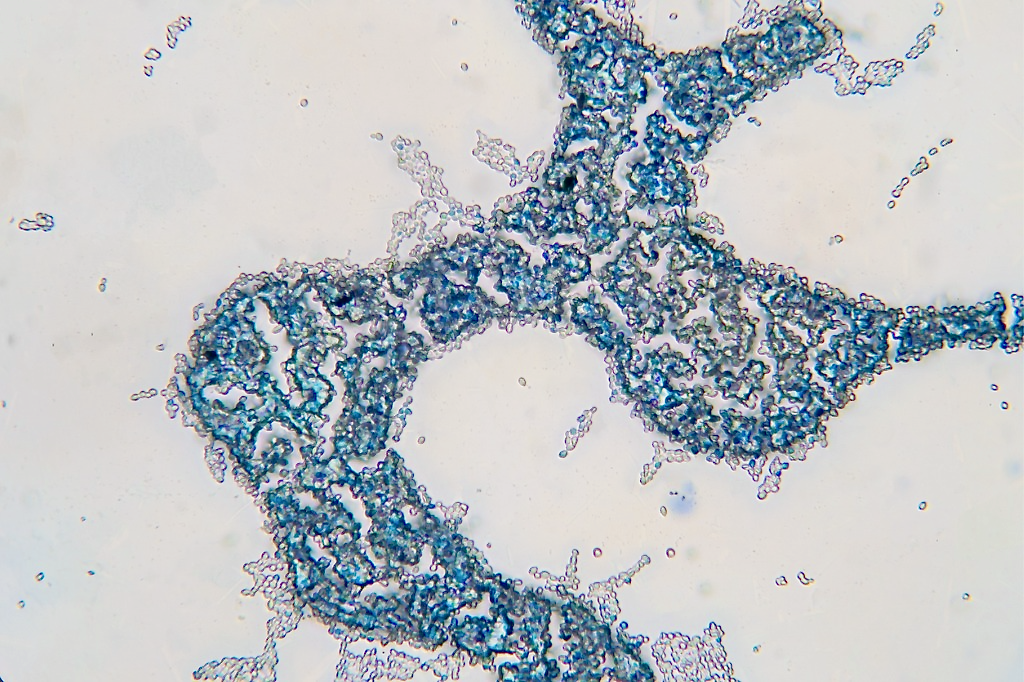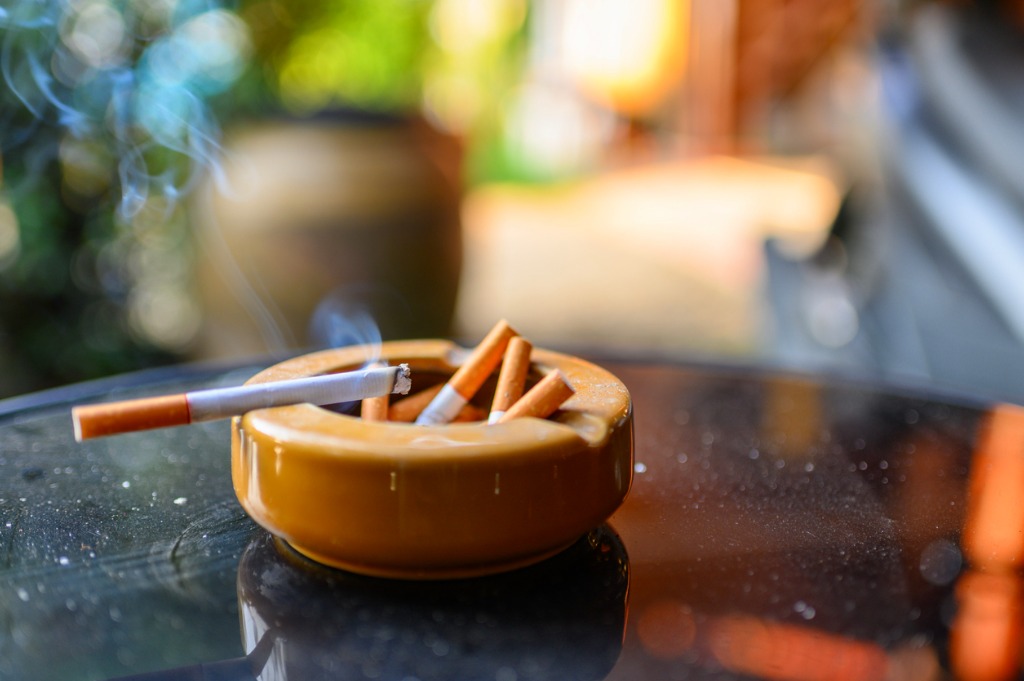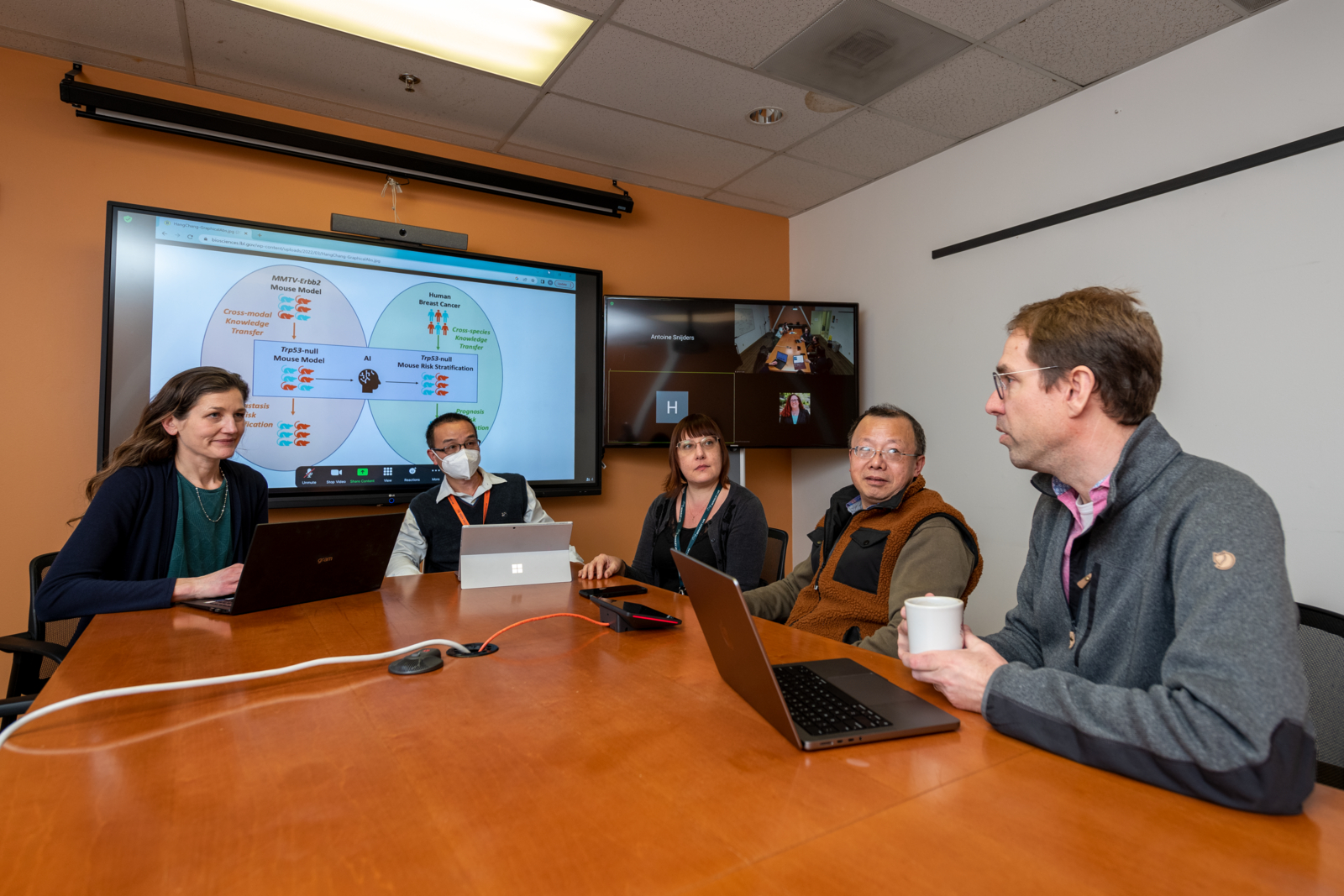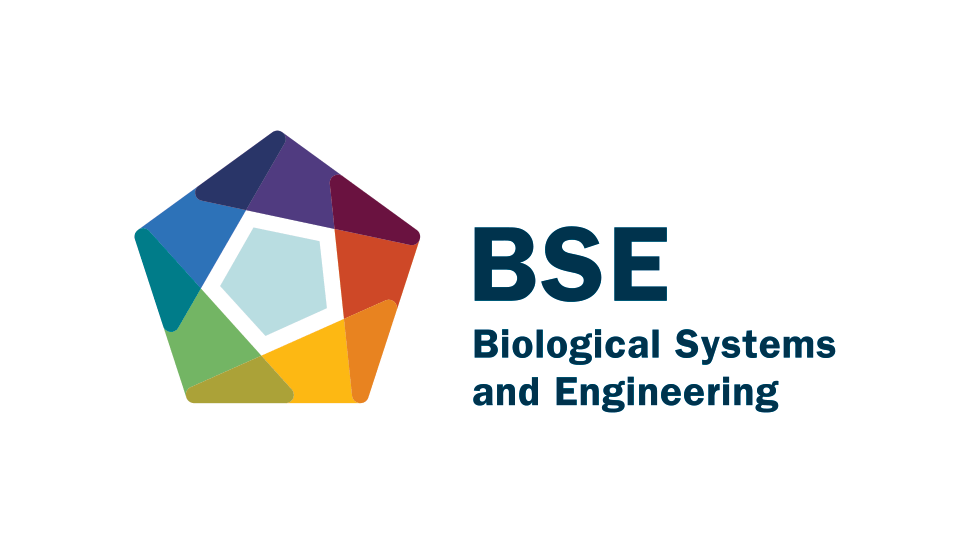
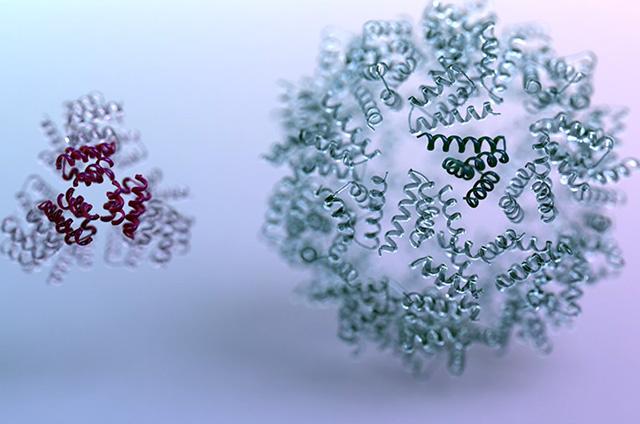
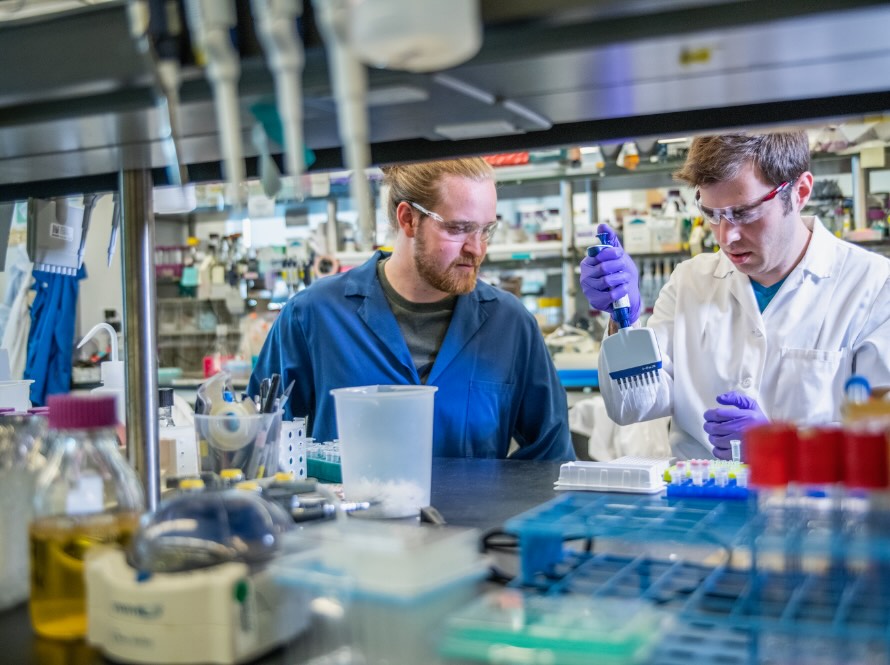
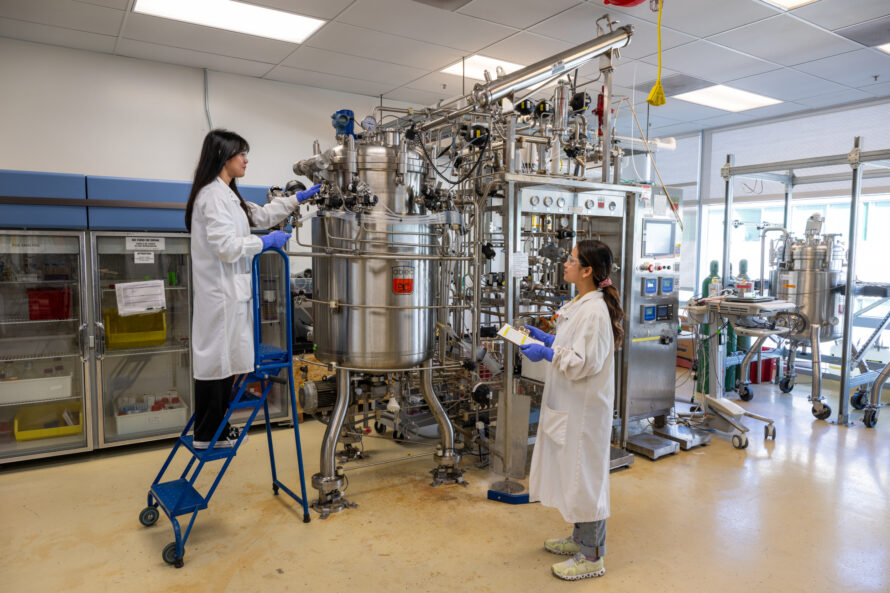
-
Biomanufacturing Increases Available Supply of Anti-cancer Drug
The supply of a plant-derived anti-cancer drug can finally meet global demand after a team of scientists from Denmark and the U.S. engineered yeast to produce the precursor molecules, which could previously only be obtained in trace concentrations in the native plant. A study describing the breakthrough was recently published in Nature. The international team included four researchers from the Biological Systems and Engineering Division: Leanne Jade G. Chan, Edward Baidoo, Christopher J. Petzold, and Jay D. Keasling.
Read the article -
Thirdhand Smoke Harms the Body More Than We Ever Realized
A new study found that concentrations of toxic chemicals lingering indoors where cigarettes have been smoked can exceed risk guidelines from the State of California. This means that non-smokers can be exposed to health risks by living in contaminated spaces.
Read the article -
Advancing Cancer Research with Artificial Intelligence
BSE Researchers published two studies that use AI to advance their science to better understand the risks and outcomes of cancer in human health.
Read the article -
Simulations at NERSC Reveal Origins of Brain Electrical Signals
The origin of the electrical signals recorded at the brain’s surface by electrocorticography (ECoG) has long remained a mystery. Kris Bouchard, a staff scientist in the Biological Systems and Engineering (BSE) Division, led a seven-year research effort to understand precisely which neurons are generating the recorded signals.
Read the article -
Bacteria for Blastoff: Using Microbes to Make Supercharged New Rocket Fuel
A group of biofuel experts led by Berkeley Lab took inspiration from an extraordinary antifungal molecule made by Streptomyces bacteria to develop a totally new type of fuel that has projected energy density greater than the most advanced heavy-duty fuels used today, including the rocket fuels used by NASA.
Read the article

